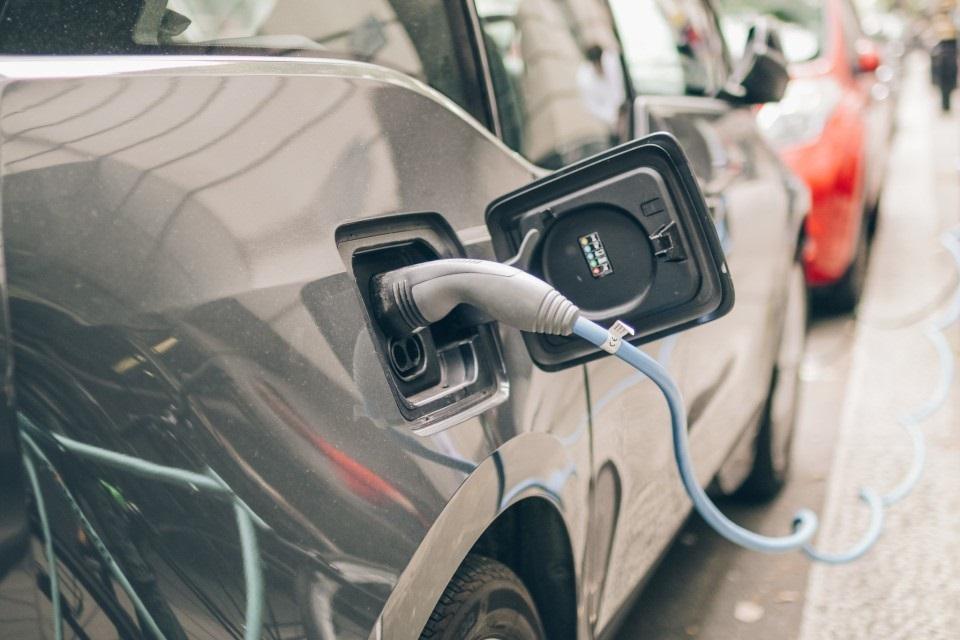EU, UK Announce Agreement to Delay Tariffs on Electric Vehicles
The UK government and European Council announced today an agreement to extend their current rules on electric vehicles (EVs) until the end of 2026, pushing back the application of tougher rules of origin for EVs and batteries by three years, in a move aimed at saving manufacturers and consumers billions in costs, and enabling more time to scale up European battery production.
The EU-UK Trade and Cooperation Agreement, signed in 2020, included local content requirements for electric vehicles and batteries in order for EVs to be able to benefit from tariff-free trade. The rules, aimed at incentivizing investment in domestic battery manufacturing capacity in the EU and UK, was set to be implemented in two stages at the beginning of 2024 and 2027.
While the phase-in dates for the agreement were reflected expected industry capacity at the time of the agreement, supply chain disruptions since the deal, driven most notably by the COVID pandemic and the Russia-Ukraine war slowed the increase in European battery capacity, leading to the EU and UK’s new agreement to cancel the 2024 changes to rules of origin, preventing new tariffs on vehicles that didn’t meet the local content threshold.
Both the EU and UK have initiatives in place aimed at driving a shift to electric vehicles over the next decade, including an EU regulation requiring a 100% reduction in CO2 emissions from new cars and vans registered in the EU from 2035, and a rule in the UK banning new petrol and diesel car sales by 2035 (recently pushed back from 2030).
Following the announced agreement, UK Prime Minister Rishi Sunak said:
“We have been listening to concerns of the sector throughout this process, and I know this breakthrough will come as a huge relief to the industry.
“The UK Government is delivering a pragmatic solution to keep costs down for businesses and for people at home who want to make the switch to electric vehicles.”
While the agreement provides a few years of breathing space for the sector, the European Commission noted a need to boost its efforts to ramp up battery capacity, with the 2027 deadline unchanged by the deal, and unable to be altered. The EU recently announced a €3 billion funding mechanism through its Innovation Fund aimed at ramping battery manufacturing capacity.
Maroš Šefčovič, Executive Vice-President for European Green Deal, said:
“Today’s Decision of the Partnership Council will give legal certainty to European operators. In parallel, the EU will provide significant financial support to European producers of sustainable batteries with a view to strengthening production capacity of batteries in the EU.”





